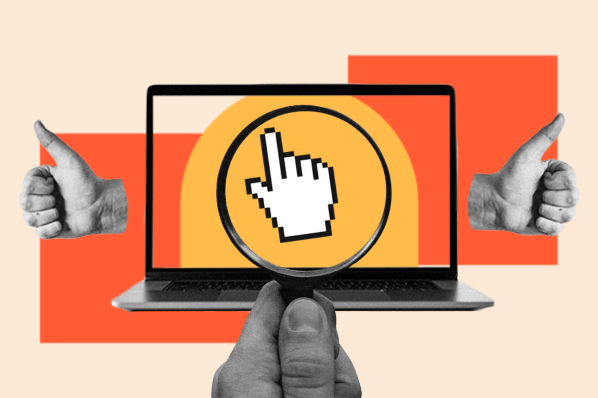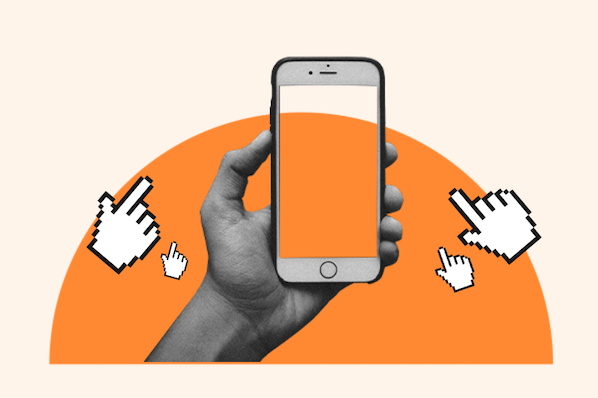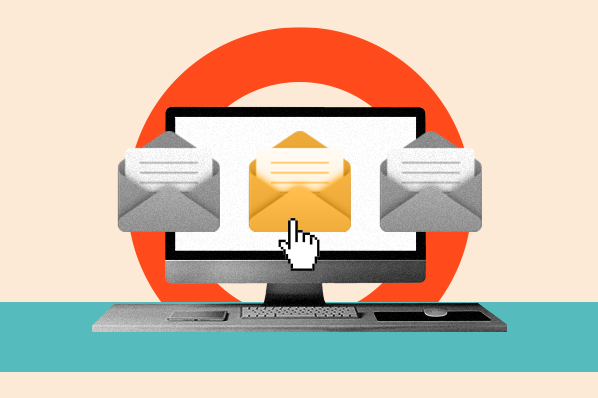I've been a member of LinkedIn for several years and continue to expand my network there. For those of you that are unfamiliar with LinkedIn, it is a social networking site targeted primarily at "professionals" (vs. MySpace which is for highschool students and Facebook which was originally for college students). If you're not a member of LinkedIn yet, I'd encourage you to try it out.
Recently, I've been critical of LinkedIn in LinkedIn vs. Facebook (especially with regards to group features). However, I think LinkedIn is sitting on a fantastic opportunity to build a very significant business.
How LinkedIn Can Become A Billion Dollar Company
Step 1: Learn from Google PageRank and introduce ProfessionalRank™
For those of you that are not familiar with Google PageRank, it is one of the key factors that drives the Google search algorithm. Essentially, the Google PageRank is an internal number that Google assigns to each web page that it indexes on the Internet. PageRank is based largely on the number of *inbound* links to the page (i.e. other pages that are linking to it) and the power of those links. The power of the link is basically the PageRank of the page linking in. The higher the Google PageRank of a page, the more likely that page is to rank high in the Google results for any given search term.
For ProfessionalRank, LinkedIn could do a similar calculation. Your ProfessionalRank would be the number of people connecting "in" to you and the "power" (i.e. rank) of those other people. Very much like Google PageRank, ProfessionalRank would be earned over time based on the quantity and quality of your connections.
Step 2: Learn More from Google, Distribute ProfessionalRank Across Connections
So, lets say we had the above simple algorithm in place and your ProfessionalRank was 87.29 (on some sort of logarithmic scale of 0-100). This is of course based on the number of people linking to you and what their rank is. Now, what you've done is established some credibility within the network. What we would now do is "pass" your accumulated ProfessionalRank to the people *you* connect out to. So, if you only had 5 "trusted" people in your network, they would get some portion of the 87.29 units. The way Google does this is evenly distributes the weight across all outbound links. LinkedIn could go a step further and allow you to individually weigh your outbound connections. You could say: "Joe is the best thing since sliced bread, I'm going to give him 50% of my rank and divide the rest amongst everyone else…"
Step 3: Learn Yet More from Google, Provide Professional Search
The whole point of getting a high Google PageRank is to help a website rank better in the Google search results. Something similar could drive the LinkedIn Search. If you're looking for an SEO consultant, my guess is that the ProfessionalRank of the individual should factor pretty highly in the results. Though the "proximity" of that person to you should continue to be a variable (so those that are in your network rank higher than others), I think it's often useful to find the "best" (most trusted, most authorititive) people -- not just those you know directly or indirectly. LinkedIn could easily let users control their searches and specify whether they're interested more in proximity or more in "quality".
The idea here is relatively simple (and not that hard to implement). What makes the Google search algorithm so effective is the democratic nature of PageRank (and it's recursive/iterative approach). It's quite simple, but very powerful. Website owners link to other sites that they find useful/relevant. A lot of links coming in generally means a better site. The same concept can be applied within the LinkedIn network -- because just as the Internet is a collection of connect web pages, LinkedIn is a collection of connected people. Many of the lessons from Google can be readily applied to LinkedIn. (I could probably write a book on this, but I'm not the Chief Software Architect at LinkedIn, but HubSpot, a software startup focused on internet marketing
If LinkedIn did something like this, I think it would create a similar economic effect that Google PageRank did (in terms of search marketing). People would have an incentive to get linked "to" by trusted people and would also have an incentive to only link "to" others that they truly know and trust.
If someone from LinkedIn is reading this and is interested in discussing further, feel free to drop me a line.
If you have some additional ideas that you'd like to share on this concept, feel free to leave a comment. I'm fascinated by this whole area.







![How to Find & Add Nofollow Links to Your Website [Step by Step]](https://53.fs1.hubspotusercontent-na1.net/hubfs/53/how-to-add-nofollow-links.jpg)



